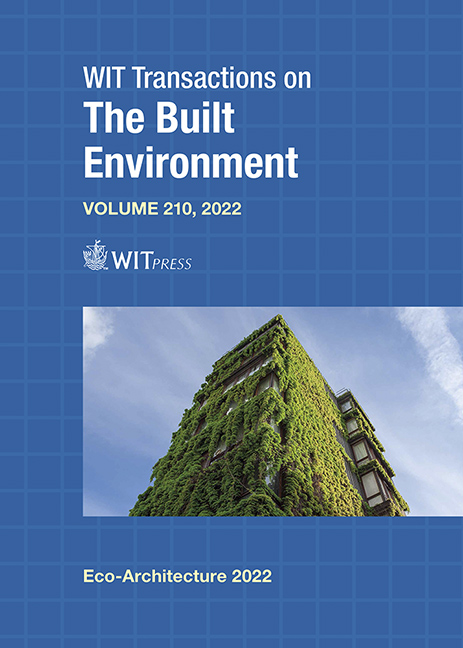SUSTAINABLE MODEL FOR ARCHITECTURE AND RETAILING ENVIRONMENTS BASED ON THE CIRCULAR ECONOMY CONCEPT
Price
Free (open access)
Transaction
Volume
210
Pages
12
Page Range
3 - 14
Published
2022
Paper DOI
10.2495/ARC220011
Copyright
Author(s)
AYAT SLEIMAN
Abstract
A recent sustainability-based economic model, the Circular Economy, is examined as a catalyst for a potential new retail model focused on an integrated sustainable system providing residential building and renovation products sales. The premise of the Circular Economy is the argument of utilizing resources continuously by extracting the maximum value from them, then recovering and regenerating products and materials at the end of each service life. The research presents a qualitative study of the Circular Economy concept as an innovation outgrowth for the built environment and retailing facilities. The work proves the Circular Economy theory’s necessity as applied to the retail industry, providing a new programmatic retail-based concept with a practical development as an architectural design demonstration project. This project demonstrates how through new retail programmatic synergies, the Circular Economy would be the basis for a new retail model. The application is shown through an urban redevelopment proposal of a former industrial building in a declining North American city that demonstrates Circular Economy issues in the site selection and building design.
Keywords
waste, circular economy, collect, fix, sell, residential, retail, regulations





